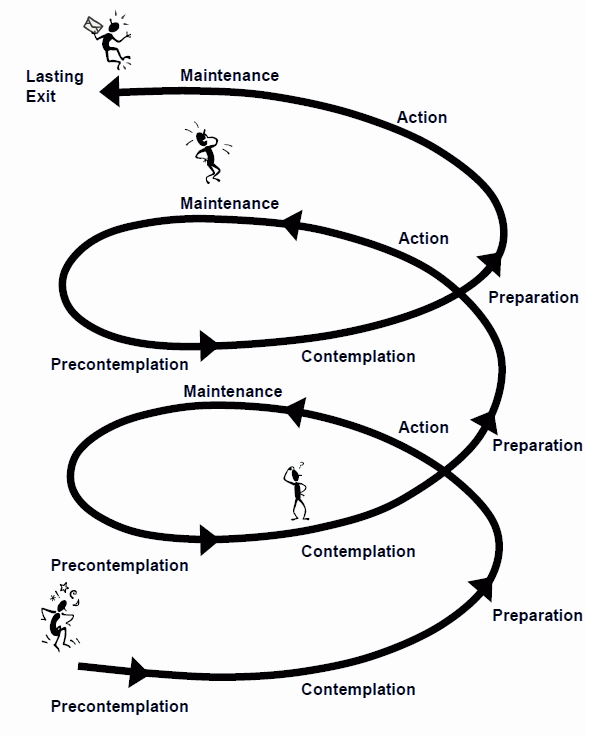Working Together ~ Collaborative Health Care Practice
Upwey Psychology is supportive of the practice of Integrative Medicine consequently we are supportive of developing collaborative practice among a variety of Health Care Practitioners in our neighborhood. We are currently collecting details from General, Allied, Alternative and Complementary Health Care Practitioners in our local area so we can support providing health care to our community collaboratively.
If you are a Health Care Practitioner local to Upwey Psychology and motivated to work collaboratively, please forward your contact details, area of health care practice and any additional information that supports understanding of your work. We want to hear from you would like to promote your work through our practitioner and referral network.
I think my client needs to see you. How do I make a referral?
We want to assist people resolve symptoms of trauma. This can, sometimes, show up in couple relationships where there is conflict happening that just does not seem to resolve. Having said that, not everyone is ready for treatment. We want to empower the people we work with and so we encourage providing information and our contact details, such as our website, to clients but we ask that the person seeking treatment be the one to make contact themselves. This is an important step on the road to recovery.
How will I know if my client is ready for psychological treatment?
People with trauma symptoms, including memories and painful moods, have developed many coping skills that often are centered around avoiding discussing or thinking about their symptoms. We know from time to time, these strategies of avoiding – break down and there is a small window of opportunity to speak to your client about the possibility of treatment and improvement.
We suggest using the STAGES OF CHANGE to help identify whether or not clients are ready to try treatment. Offering psychological treatment at the right time has a big impact on the success of treatment.

The five stages of change
Precontemplation
People in this stage are not thinking seriously about changing and tend to defend their current thinking and doing patterns. They may not be able to see or be open to examining the role they are playing in their situation. The positives or benefits, of their current approach outweigh any costs or adverse consequences so they are happy to continue on as they are.
Contemplation
People in this stage are able to consider the possibility of examining their thinking and doing patterns but feel ambivalent about taking the next step. On the one hand there are benefits to the way they are currently handling their situation. On the other hand, they are starting to experience some adverse consequences (which may include personal, psychological, physical, legal, social or family problems).
Preparation
Have usually made a recent attempt to change their thinking and doing habits in the last year. Sees the ‘cons’ of continuing as outweighing the ‘pros’ and they are less ambivalent about taking the next step. They are usually taking some small steps towards changing behaviour. They believe that change is necessary and that the time for change is imminent. Equally, some people at this stage decide not to do anything about their behaviour.
Action
Actively involved in taking steps to change thinking and doing habits and making great steps towards significant change. Ambivalence is still very likely at this stage. May try several different techniques and are also at greatest risk of relapse.
Maintenance
Able to successfully avoid any temptations to return to return to previous thinking and doing habits. They have learned to anticipate and handle challenges and are able to employ new ways of coping. They can have a temporary slips and challenges to sustaining change but don’t tend to see this as failure.
What ‘Stage of Change’ best describes your patient now?
NOT READY FOR CHANGE
If your patient is not ready to change, that is, they are in PRECONTEMPLATION or RELAPSE we recommend;
- Validating their current position
- Providing information
- Providing contact details for Telephone Counselling Service contact details such as Life Line 13 11 14
READY FOR CHANGE
If your patient is considering making change, that is, they are in CONTEMPLATION or PREPARATION, we recommend;
- Assisting the patient to identify the negative impact their symptoms are having on their quality of life
- Introducing and offering psychological treatment as a way forward